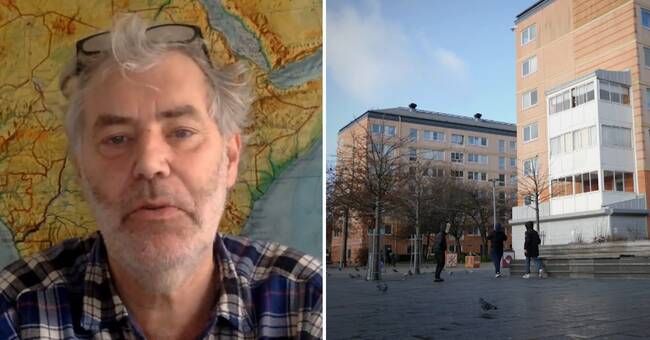Sweden's criminal clan societies have been debated extensively over the past year, especially after the then National Police Chief Mats Löfving's statement that there are 40 family-based criminal networks in the country.
Not all clans are criminals
But it is not possible to equate the clan with crime.
That is the opinion of Per Brinkemo, who is an author, lecturer and expert on clan societies.
- The clan itself is not criminal.
It is a form of social organization that has arisen as a protection in states that do not work.
It can be very positive with a clan, as a strong and warm community, he says.
Widespread culture of silence
The problems arise when the clan begins to create its own rules that are outside Swedish legal systems and norms.
- That is when you see that people's personal freedom is limited.
There are examples where young people are not allowed to marry those they want, or are devoured by the clan in a negative way.
Consistent for clan structures in Sweden is that there is a widespread culture of silence, says Per Brinkemo.
- You are totally loyal to your family.
It always comes first.
Critical to the financing of problematic groups
In Sweden today, there is no research on how many are in clan societies.
According to Per Brinkemo, however, there are indications that people live in an active culture of honor, even though they have been in Sweden for a long time.
- I think that social information must be much clearer for those who come new to Sweden.
Maybe you should also introduce some form of contract, which means swearing allegiance to the constitution, he says.
The financing of groups that maintain oppressive systems must stop, says Per Brinkemo.
- It is very strange that it happens today.

